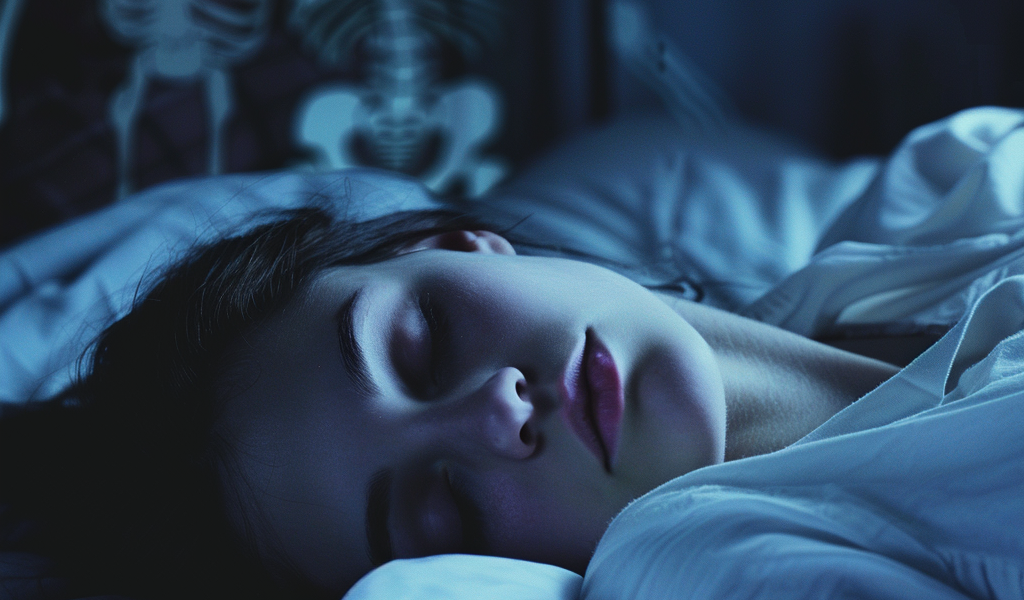New research has shed light on the connection between sleep and osteoporosis, suggesting that inadequate sleep could hasten bone loss, particularly in younger women.
Dr. Christine Swanson, MD, MCR, is delving into the relationship between insufficient sleep and bone health. At the University of Colorado Department of Medicine’s recent Research Day, Dr. Swanson, an associate professor in the Division of Endocrinology, Metabolism, and Diabetes, presented her NIH-funded clinical research exploring whether proper sleep could play a role in preventing osteoporosis.
Dr. Swanson emphasized that while osteoporosis can stem from various factors like hormonal shifts, aging, and lifestyle choices, some patients exhibit osteoporosis without a clear cause. This has prompted her to investigate novel risk factors, with sleep emerging as a potential key player.
In early to mid-20s, individuals typically reach peak bone mineral density, a crucial factor influencing fracture susceptibility in later years. Following this peak, bone density tends to remain relatively constant for a few decades before declining, notably accelerating during menopausal transition in women and with age in men.
Concurrently, sleep patterns undergo changes with age. Total sleep duration decreases, while the composition of sleep shifts. Factors like sleep latency and slow-wave sleep alter as individuals grow older. Additionally, circadian rhythm preferences for sleep timing evolve over the lifespan for both genders.
Swanson highlighted that the genes regulating our internal body clock are present in all bone cells, suggesting a direct link between sleep patterns and bone health.





